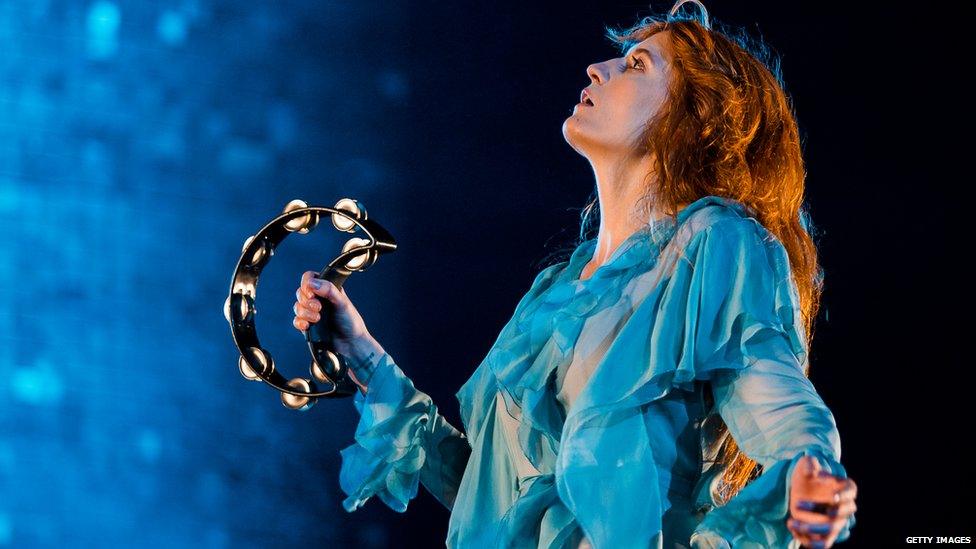PRS Foundation boss Vanessa Reed on music's gender equality fight
- Published
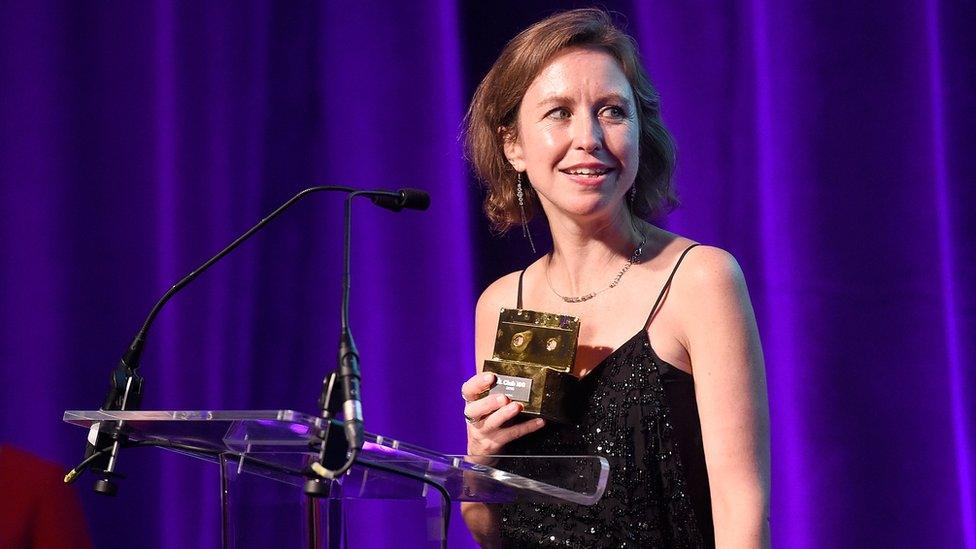
Vanessa Reed is the CEO of PRS Foundation
The BBC recently named Beyonce and Taylor Swift as the two most powerful women in music.
The person behind them (and above Adele) in third might not be a household name, but is "shaking up the industry".
PRS Foundation's boss Vanessa Reed has been praised for her work in trying to close the gender gap in a traditionally male-dominated business.
From from festival line-ups to producers, she says "doing nothing" to make a change "is not an option".
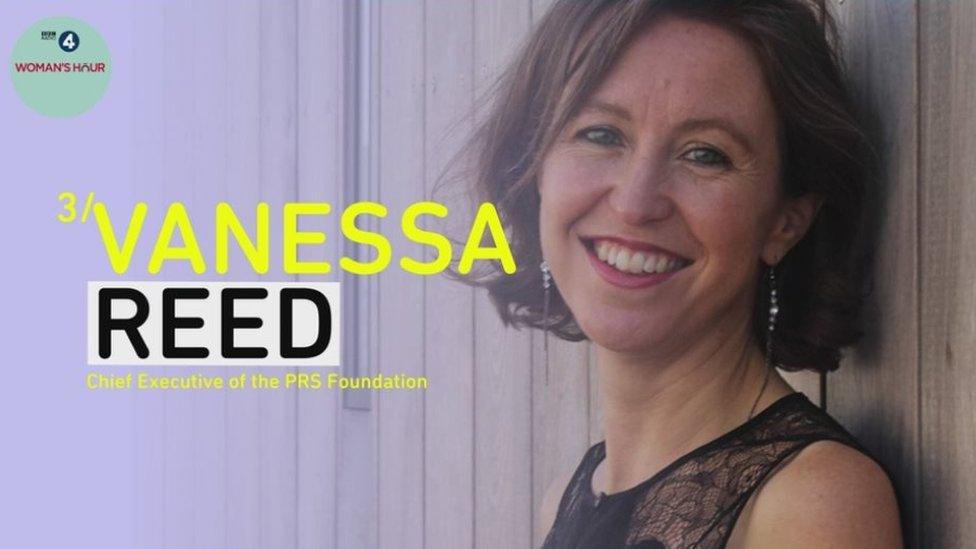
Vanessa Reed came third on BBC Radio 4's Women's Hour Power List 2018
The PRS Foundation funds new music and new talent across all genres.
This week its campaign to persuade festival organisers to have equal numbers of male and female performers by 2022 is meeting with European Parliament to put forward its concerns and ideas.
"Audiences want something different," says Vanessa, who is in charge of Keychange.
"There are talented women out there who aren't getting the same opportunities as men.
"There's still some resistance but I think people are beginning to realise that doing nothing is not an option."
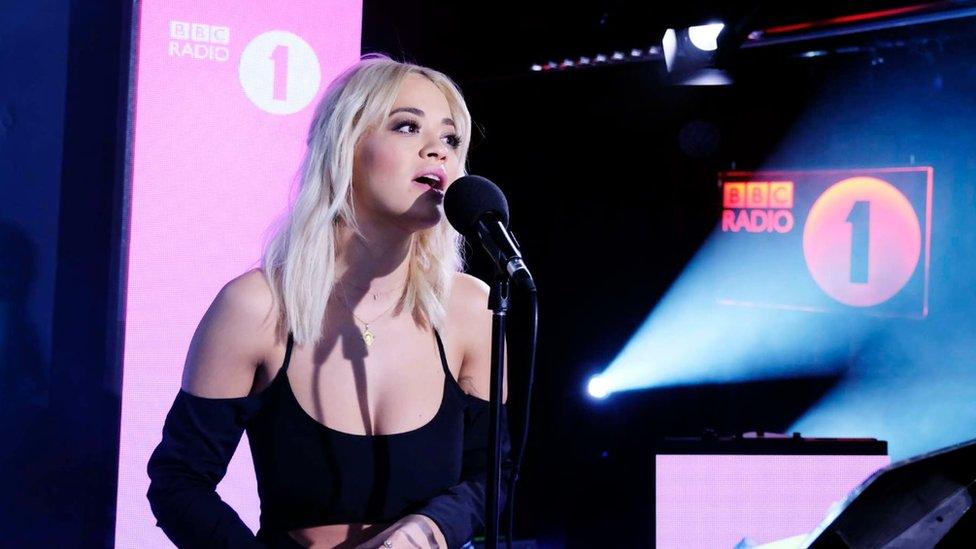
Rita Ora says being a woman in the music industry can be "tough"
So far, 140 festivals around the world have signed up to the pledge.
"Coming up against so many male artists in this industry... it's tough and it's annoying," says Rita Ora.
"But at the same time it's amazing for women like us when we do get a gig like Glastonbury Pyramid stage.
"You're just like, 'Wow I'm amongst all these incredible artists and hopefully one day it'll really change'."
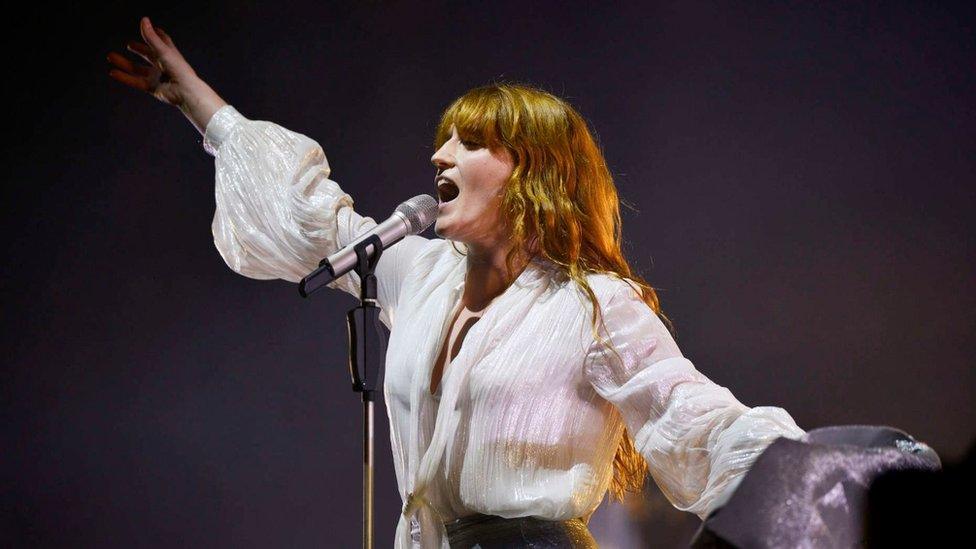
Glastonbury co-organiser Emily Eavis says the festival is "working every day" to help more female headliners follow Florence and the Machine
Of course, festivals don't want to put female acts on just for the sake of it - they have to be the right fit. They're ultimately a business and have to sell tickets.
Glastonbury co-organiser Emily Eavis has said she's trying to balance things out, external while Festival republic, which runs Reading and Leeds, is offering studio time to female artists to give them a step up.
Vanessa says the issue goes beyond festivals and admits it will take a while to get complete gender equality.
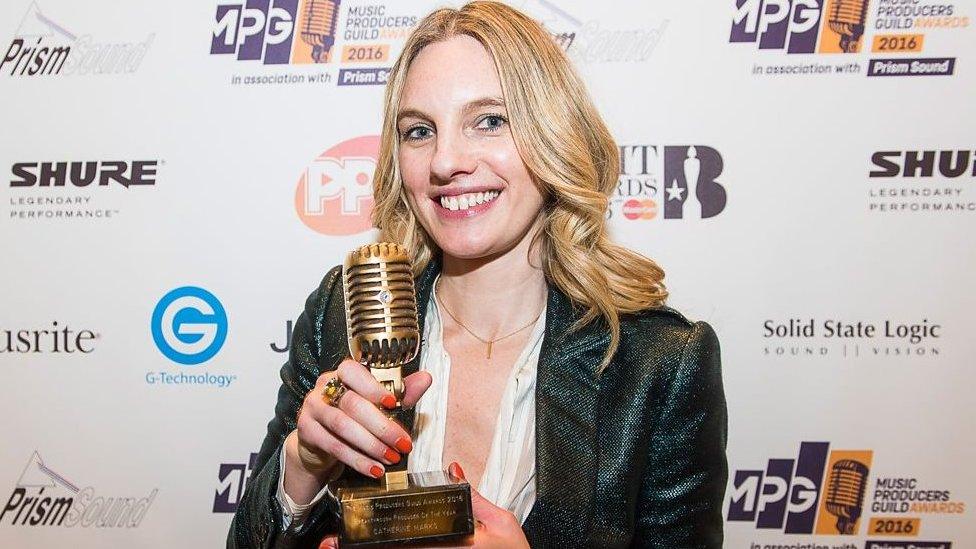
Catherine Marks started as a tea girl and has since worked with Kanye West, Foals and The Amazons
PRS Foundation says women represent less than 20% of registered songwriters, and that when Keychange was started in 2011 only two percent of producers in the UK were female.
"When I started I didn't know any other women who were working," explains Catherine Marks, who was the first female to win producer of the year at the 2018 Music Producers Guild Awards.
"Maybe five years ago I started hearing about lots more women getting involved.
"It could be that women perceived it as a too male-dominated world and didn't want to get involved... it could just be that they weren't interested in production.
"But I think those feelings have changed and it's important to recognise that."
Catherine adds: "I've never really noticed too much of a divide, I maybe felt that as a woman I needed to work harder but nobody ever told me to."
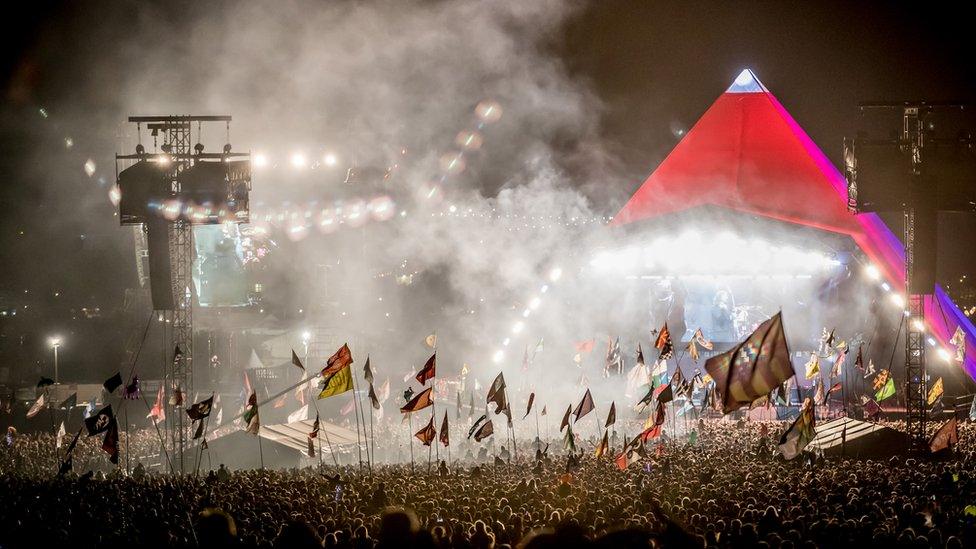
PRS Foundation suggests things are looking brighter for women looking to play big festival stages
Vanessa thinks the industry is in a much better position heading into 2019.
"When we launched very few people were talking about the gender gap... some people said to me 'Why aren't you starting a man in music fund?'
"I said, 'We already fund lots of men - this is about people we're not funding'.
"But I think the change in that period between 2011 and 2017 has been phenomenal.
"Now you can see men and women from all backgrounds working together, because now is the time we have to sort it out."
Follow Newsbeat on Instagram, external, Facebook, external and Twitter, external.
Listen to Newsbeat live at 12:45 and 17:45 every weekday on BBC Radio 1 and 1Xtra - if you miss us you can listen back here.
- Published29 June 2018
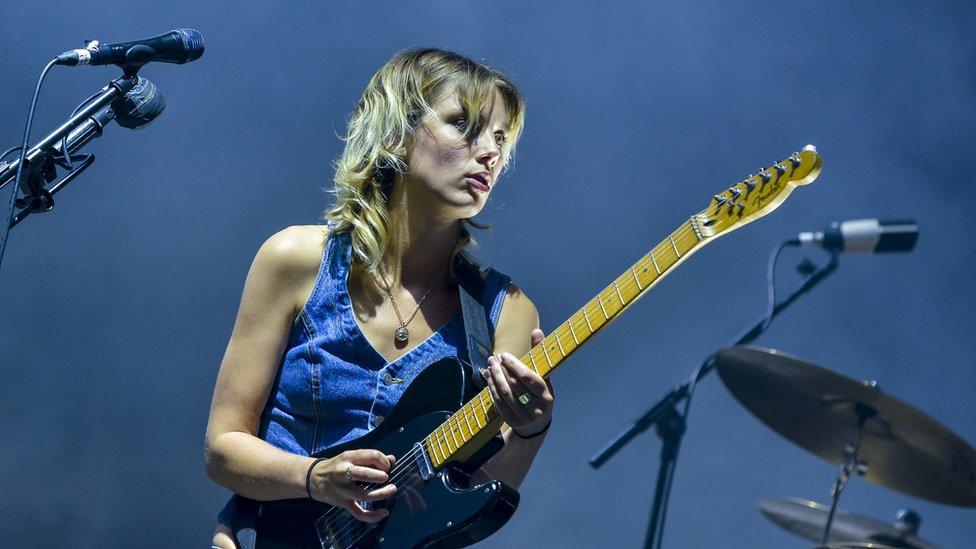
- Published26 February 2018

- Published8 August 2017
